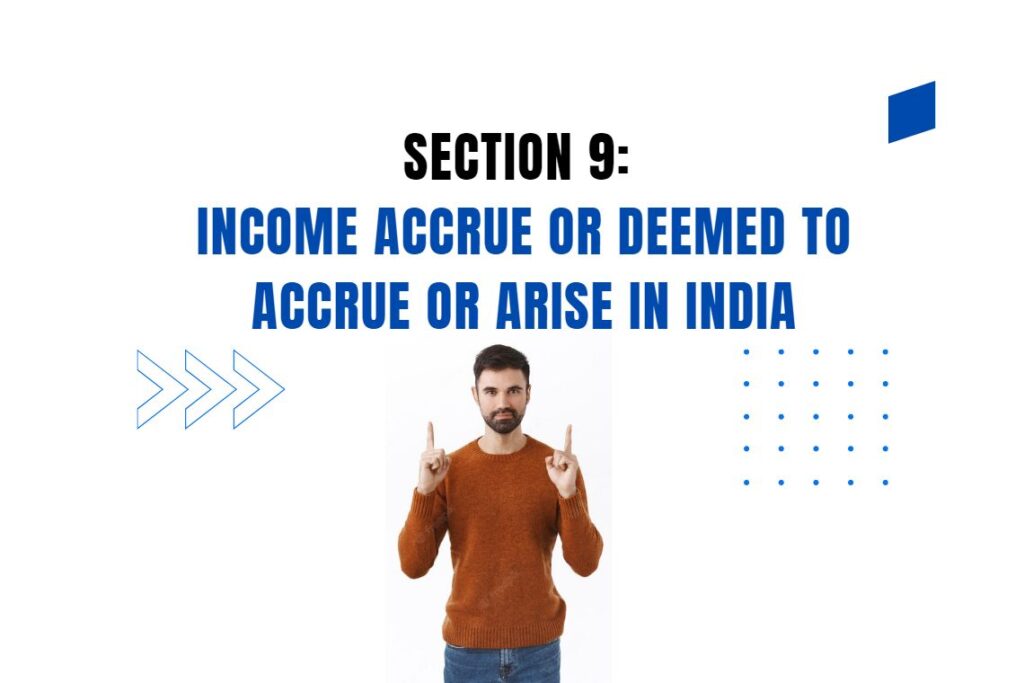Under Section 10(2) of the Income Tax Act, 1961, the sum received by a member from a Hindu Undivided Family (HUF) out of the family income or out of the income of the impartible estate is exempt from income tax. This exemption is available irrespective of whether the sum is received by way of gift, advancement, withdrawal, or otherwise.
The exemption under Section 10(2) is based on the principle that a member of an HUF has a pre-existing right in the assets of the HUF. Therefore, any sum received by a member from the HUF cannot be said to be a gift or income.
However, it is important to note that the exemption under Section 10(2) is available only if the sum is received out of the family income or out of the income of the impartible estate. If the sum is received from any other source, such as from the sale of HUF assets, then it will be taxable in the hands of the member.
Here are some examples of situations where the exemption under Section 10(2) will be available:
- A member of an HUF receives a monthly allowance from the HUF.
- A member of an HUF receives a lump sum amount from the HUF on the occasion of his/her marriage or education.
- A member of an HUF receives a share of the profits of the HUF business.
- A member of an HUF receives a share of the income from the HUF’s agricultural land.
The following conditions must be met for the exemption to be available:
There are certain conditions that need to be fulfilled in order for the sum to be exempt from tax.
- The first condition is that the sum should be received by the member in his capacity as a member of the HUF. This means that if you receive any money or assets from your HUF as an individual, it will not be exempt from tax.
- The second condition is that the sum should be received by the member in accordance with the provisions of the HUF. This means that the sum should be received as per the rules and regulations of the HUF. If the sum is received in violation of the HUF’s provisions, it may not be exempt from tax.
It is important to note that the exemption under Section 10(2) is available only to the extent of the member’s share in the income of the HUF. This means that if the sum received by the member exceeds his share in the income of the HUF, the excess amount will be taxable.
For example, if the total income of the HUF is Rs. 10 lakhs and you are entitled to a 50% share in the income, then you can receive up to Rs. 5 lakhs from the HUF without attracting any tax. However, if you receive more than Rs. 5 lakhs, the excess amount will be taxable.
It is also worth mentioning that the exemption under Section 10(2) is available only to individuals who are members of the HUF. If you are not a member of the HUF, any sum received from the HUF will be taxable in your hands.
The following are some examples of cases where the exemption under Section 10(2) will be available:
- A member of an HUF receives a gift from the HUF.
- A member of an HUF receives a loan from the HUF.
- A member of an HUF receives a salary from the HUF for managing the HUF’s affairs.
- A member of an HUF receives a share of the HUF’s profits.
Here are some examples of situations where the exemption under Section 10(2) will not be available:
- A member of an HUF receives a gift from another member of the HUF.
- A member of an HUF receives a sum from the HUF as his/her share in the sale proceeds of HUF assets.
- A member of an HUF receives a salary from the HUF business.
- A member of an HUF receives a rent from the HUF property.
It is important to note that the exemption under Section 10(2) is only available for sums received by a member of an HUF out of the income of the HUF. Any sums received by a member of an HUF from his or her own individual income or from any other source will be taxable in the hands of the member.



![Residential Status [Sections 5 to 9B]](https://incometaxmanagement.in/wp-content/uploads/2023/09/Residential-Status-Sections-5-to-9B-1024x683.jpg)

![EXEMPTED INCOMES [Section – 10, 10AA, 11 to 13A]](https://incometaxmanagement.in/wp-content/uploads/2023/09/Exempted-Incomes-Section-10-1024x683.jpg)

![Income of an Electoral Trust shall be Exempt [Section 13B]](https://incometaxmanagement.in/wp-content/uploads/2023/10/61-Exempted-Incomes-Section-13B-1024x683.png)
![Incomes of Political Parties [Section-13A]](https://incometaxmanagement.in/wp-content/uploads/2023/10/60-Exempted-Incomes-Section-13A-1024x683.png)
![Special Provisions in respect of Newly-established Units in Special Economic Zones (SEZ) [Section-10AA]](https://incometaxmanagement.in/wp-content/uploads/2023/10/59-Exempted-Incomes-Section-10AA-1024x683.png)
![Exemption in respect of income chargeable to Equalization Levy [Section 10(50)]](https://incometaxmanagement.in/wp-content/uploads/2023/10/58-Exempted-Incomes-Section-1050-1024x683.png)
![Income of a Developmental Financing Institution (DFI) to be Exempt [Section 10(48E)]](https://incometaxmanagement.in/wp-content/uploads/2023/10/57-Exempted-Incomes-Section-1048E-1024x683.png)
